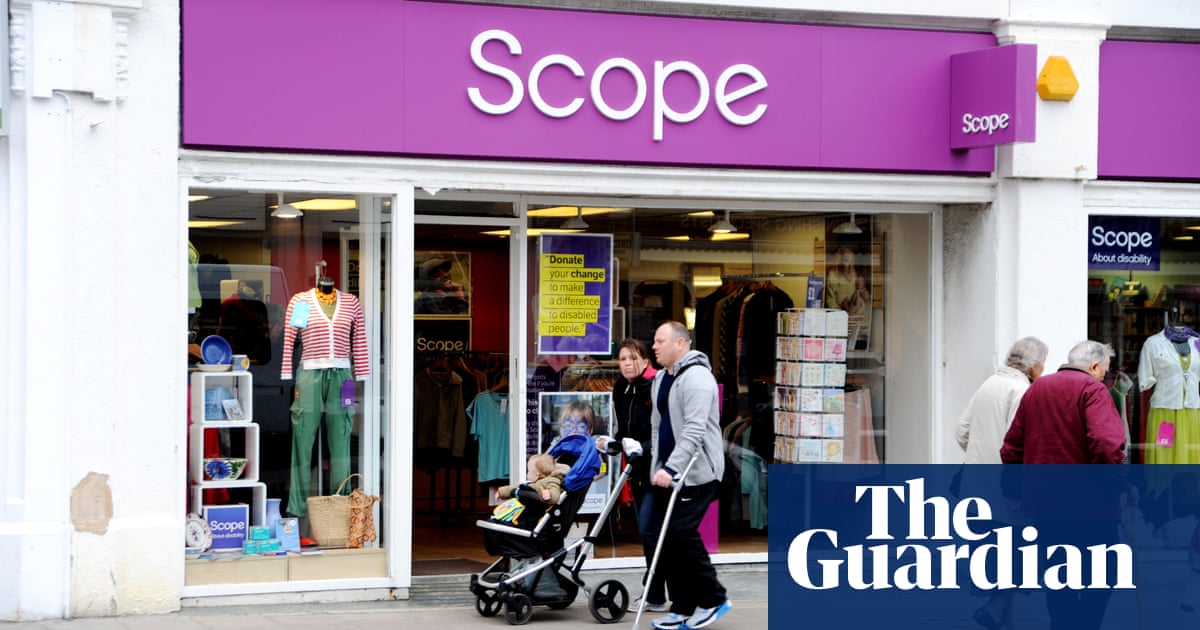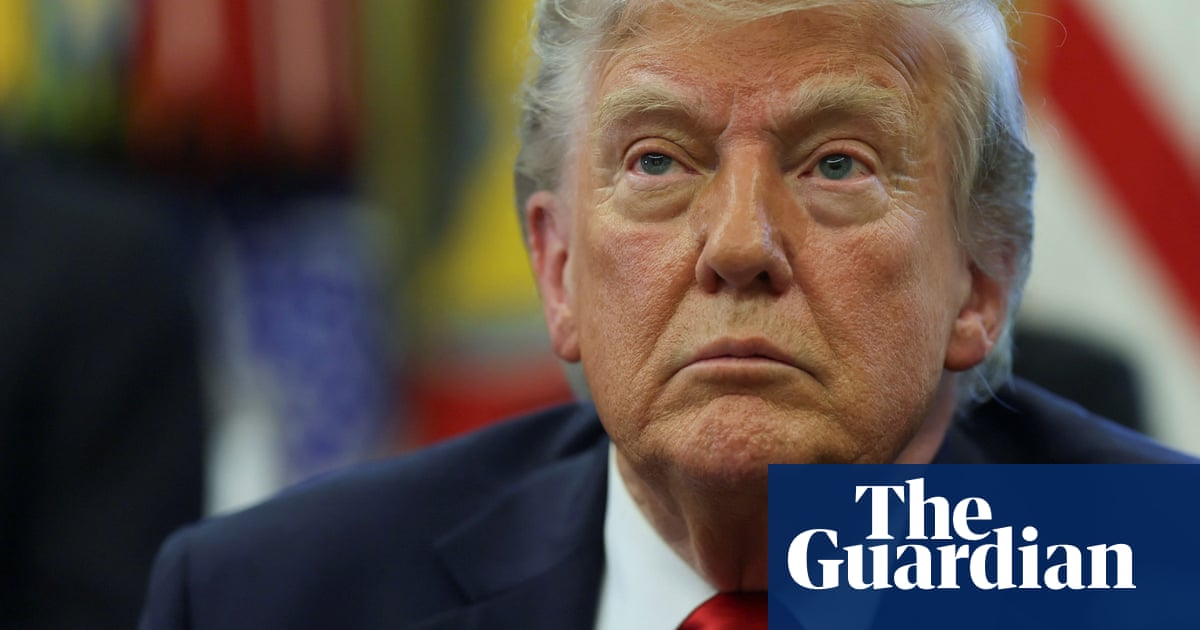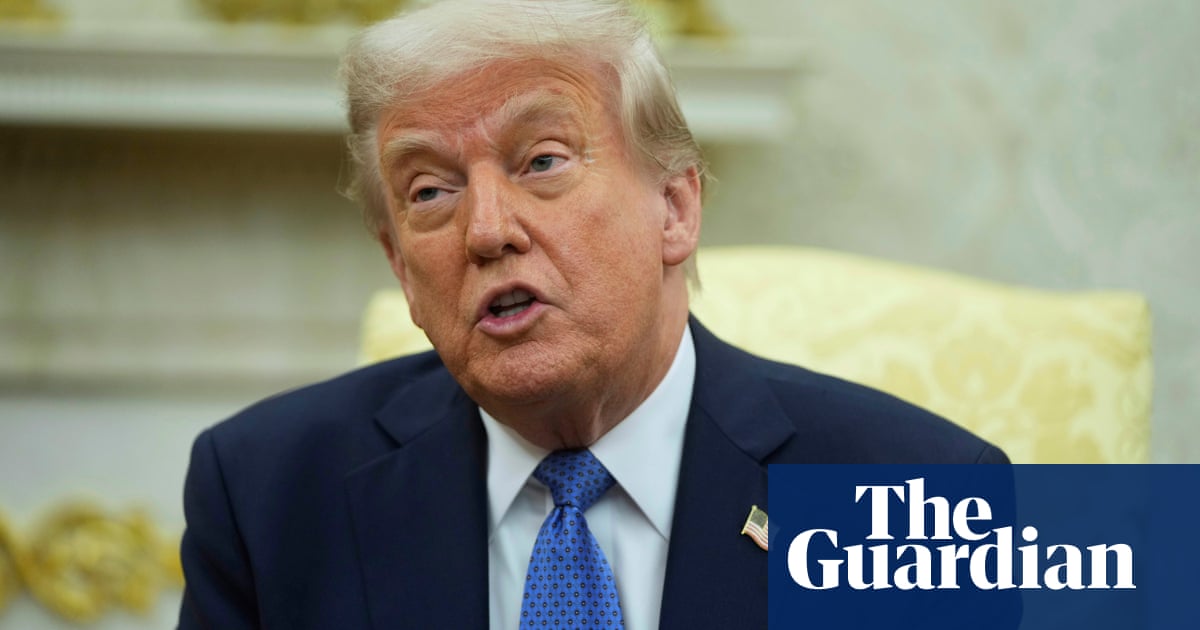Never confuse a stock market index with a symbol of national economic health. The truth of that old piece of wisdom was demonstrated on Thursday as the FTSE 100 went on a rip-roaring run – up 104 points, or 1.2%, to a new closing high of 8,727 – while the Bank of England cut interest rates because the UK economy was flat on its back.
The point always to remember about the Footsie is that its constituents are an international crew, or at least they operate internationally. Goldman Sachs’ analysts calculated recently that, in aggregate, only 22% of the revenues of FTSE 100 companies were generated in the UK. North America, at 29%, and the Asia-Pacific region, at 23%, are more important. Think of the likes of index heavyweights AstraZeneca, BP, GSK and Shell: their UK revenue exposures are measured in low single-digit percentages.
Thus if lower UK interest rates also mean a lower pound – and sterling fell almost a cent against the US dollar as the Bank cut by a quarter-point to 4.5% – there is a straightforward translational effect. Earnings made in dollars are suddenly worth slightly more in terms of sterling-denominated share prices. Those companies exporting from the UK also become marginally more competitive.
There are probably also other factors at play. If it is now more likely that UK interest rates will be 4% by the end of year (and possibly a notch lower, according to market prices), the plumpish dividend yield on the Footsie starts to look positively fat. It is 3.4%. Throw in share buybacks, companies’ other way to distribute earnings, and the dividend yield is in effect even higher.
Those statistics reinforce another point that analysts have been making for ages: the UK stock market looks cheap versus its international peers. “Comparing valuation to profitability, the UK is one of the cheapest regions in the world,” said the fund manager Fidelity International at the start of this year.
At the time, Goldman’s calculations showed the UK stocks as a whole priced at 11.9 times expected earnings, compared with 22.9 times for the US market. Yes, as everybody knows, the US picture is distorted by the huge and richly valued “magnificent seven” tech stocks – the likes of Apple and the chipmaker Nvidia. But, even when big tech was removed from the sums, the US market was still on 19.9 times, way above the UK.
Then there are recent market-moving events. Investors are starting to fret about the solidity of the seven at current valuation if a chatbot out of China can knock 17% off Nvidia’s share price in a day. The Footsie, previously derided as Jurassic on account of its overrepresentation of boring banks and commodity stocks, can suddenly be viewed as a way to add safety and diversity to a portfolio. And that 29% exposure to North America still provides lots of exposure to a hot US economy without the hard-to-value AI bits.
Then there’s a crucial factor in the background: tariffs. It is possible to believe the UK will be out of Donald Trump’s firing line because it has a trade deficit in goods with the US, unlike the European Union where German carmakers and others may become the president’s targets. Again, the possible advantage is strictly relative – nobody truly wins in a trade war – but they all count.
None of the above should provide any consolation to Rachel Reeves. The first mission of the mission-led government was to “kickstart economic growth” and the Bank has halved its forecast for GDP growth in 2025 to just 0.75%. There are no positives for the chancellor there, especially if spending cuts have to follow. It’s just that the Footsie is not the economy.

.png) 2 months ago
29
2 months ago
29













































